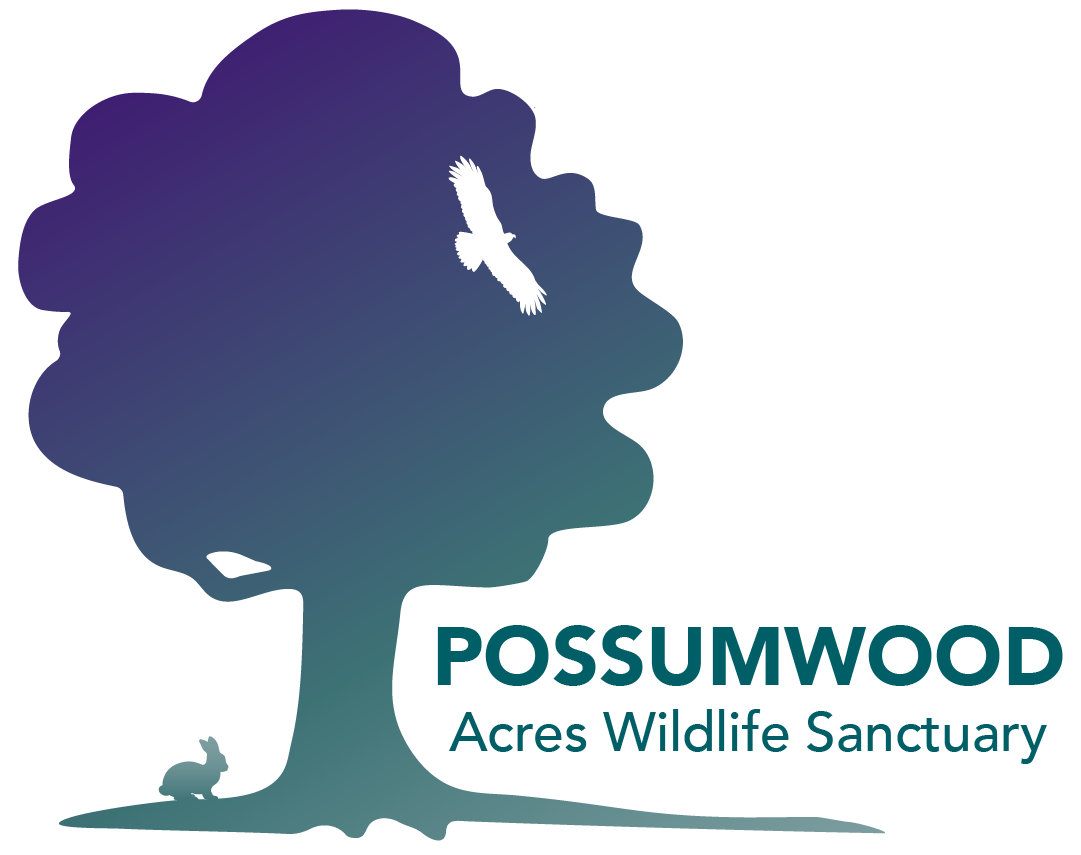WILDLIFE REHABILITATION INTERNSHIP
Applications are being accepted for interns 18 years old or older interested in gaining experience at a wildlife sanctuary in coastal North Carolina. Interns will receive intense rehabilitation training that focuses on native species of wildlife. This includes small mammals as well as a wide variety of birds (songbirds, raptors, waterfowl, seabirds, shorebirds).
With this training, the intern will be able to participate in actual patient care and practice hands-on wildlife rehabilitation skills. Upon completion of the internship, the intern will receive a certificate documenting the skills learned and the hours of service performed.
All necessary training is provided by the sanctuary, so Possumwood Acres does not require prior experience, however wildlife knowledge is always appreciated.
**No Monetary Compensation Provided with the Intern Position**
TRAINING BENEFITS
Experience will be invaluable for those planning on furthering their education in the following fields: Veterinary Medicine, Biology, Zoology, Veterinary Technician, Wildlife Management, Environmental Sciences, Small Animal Management, and Wildlife Rehabilitation. Internships allow qualified applicants to explore their interests and gain practical work experience in an active wildlife sanctuary. This experience will allow interns to find entry-level employment opportunities in wildlife sanctuaries, nature centers, zoos, and wildlife centers.
DETAILS
Interns will be expected to work a minimum of 30 hours per week.
The sanctuary is open 7 days a week, from 9 AM to 9 PM. Schedules will include shifts on weekdays and weekends.
Program length may vary depending upon the intern’s availability, but a minimum of 8 weeks is required in order to receive a Certificate of Completion for the minimum of 240 hours.
Rehabilitation: Perform hands-on animal care inside the Animal Room. This includes feeding, water, tubing, weighing, assisting with wound care, bandaging, splinting, administering medications, fluid therapy, and orphan care. Proper husbandry will be maintained while cleaning and changing cages, as well as demonstrating proper safety precautions at all times while handling wildlife patients. Interns will also have the opportunity to arrange for an additional week of training at a local zoo if desired. This additional training is optional and not required, but offered for those interested in these careers.
Education: Assist in wildlife presentations and programs, and help conduct group tours of the sanctuary. Interns assist education staff with a variety of programs for the public and schools both on and off-site. In addition to improving their own presentation skills, interns assist with program development. Interns must be willing and able to relate to the public and have a tolerance for large school groups for students of all ages.
Education Animal Care: Learn to work with the non-releasable animals and birds used in programs and presentations, and assist in the manning process for the Raptors. Interns will develop enrichment activities for mental stimulation for these program animals.
